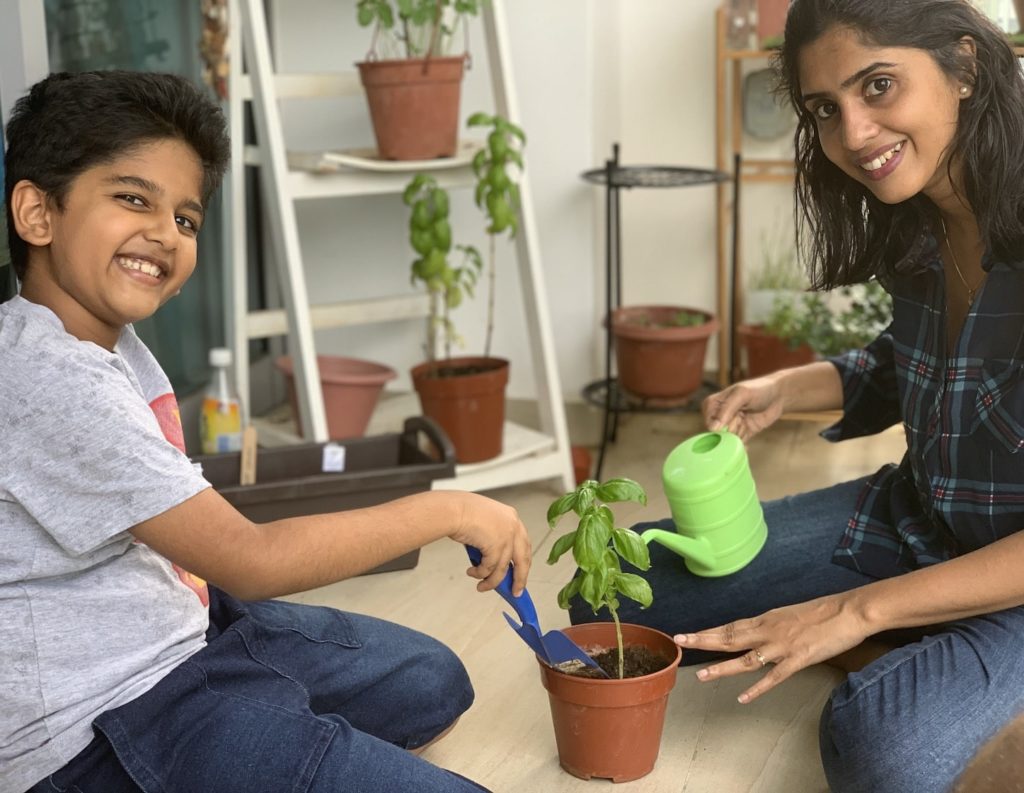
Want to get into gardening with kids? Find out about all the skills that gardening helps instill in kids plus what to plant for fast germination and how to upcycle household items for cheap planters
“If you have never experienced the joy of accomplishing more than you can imagine, plant a garden”– Robert Brault
True to this quote, a garden is indeed a place of discovery, creativity and fun, and a space that encourages children to enjoy and engage with the natural world. Being with nature has assumed a lot of importance in the present-day world and gardening with our little ones has never been more worthwhile. With their inquisitive minds and fascinating imagination, everything kids see, hear, smell and feel in a garden will open a whole new world of learning.
Gardening with my kid has been my favourite activity to do year-round! For both of us, it has always been a creative space to discover the magic of nature. Introducing kids to the garden helps create an awareness of where vegetables come from and the importance of the environment in everyday life. Here are five other key skills that gardening can help instill in kids:
1. Observation skills
Being exposed to natural elements, be it flowers or vegetables or insects, allows children to observe their surroundings and get to know more about nature in detail. Gardening provides children with a practical yet enriching hands-on experience.
2. Confidence
A child’s self-confidence can be developed by setting them goals such as successfully being able to grow a plant right from seeds to fruit. It also gives them a sense of pride in their accomplishment.
3. Responsibility
Being aware of their responsibility, from ensuring that the plants are watered daily and properly taken care of, increases their motivation to succeed and to put in the effort to make things work.
4. Intellectual skills
Cognitive development is all about remembering and analysing information and predicting outcomes. You can do plenty of that in the garden with your child. By asking open-ended questions about what you have already done in your garden and what they think you should do next, you are helping them think through the processes of preparing the soil, planting and watering. Ask them about the differences between the various plants you are growing or the different parts of the plants and you’ll be amazed at the way they link back things to what they eat or different stories. Show them the entire plant—seeds, roots, stem, leaves and flowers or let them draw the plant at different stages of growth.
5. Social skills
Finally, working together on my garden with my kid is bonding time. While our children are learning a lifelong love of growing things, it’s also a time where we get to know so much more about them—how they think, their likes and dislikes. Home gardening is a great opportunity for kids to meet and interact with family members while engaging in a fun and healthy way. Involving keen gardeners such as grandparents who can pass on skills and knowledge to inspire the next generation will definitely help the budding kid gardeners.
What to plant: 5 quick plants to grow
Easy crops to grow and eat are essential to encourage children into gardening. Even a fussy eater can be tempted to try a vegetable they have helped grow themselves.
Microgreens: Mustard, Brocolli, Baby Bok Choy: These veggies are nutrient bombs bursting with flavour and packed with health-boosting vitamins. Ready to eat in a week or 2; you will fall in love with the sight of a seed germinating into tiny leaves and long stems. They are a visual explosion of colours, tones and distinct flavours. My son and I enjoy sowing these seeds and spraying water little by little each day to see how the first stems pop out.
Time to germinate: 3-7 days depending on the seeds. Do spray water as the stems are too sensitive.
Alfalfa and other sprouts: You don’t even need soil to grow alfalfa and other sprouts. All we need is a wide open jar where you can actually see the seeds sprouting. Alfalfa is one of the fastest seeds to sprout. Just soak the seeds in a mason jar with twice the amount of water and some sea salt overnight. Rinse then drain the seeds. Another seed that is equally quick and nutritious is the Moong Bean sprouts (same process).
Time to germinate: 2-4 days, seeds spread out and sprout with green tips (alfafa).
Several herbs: Herbs are an easy way to show your child a way of quick growth. Try growing herbs that your child likes the taste of. We tried to create a pizza garden (using herbs that we put on pizza), also a salsa garden by growing some herbs that are used in salsas.
Time to germinate: Basil sprouts in 4 days chives, dill and mint -7-14 days to make their first appearance.
Vegetables: Lot’s of vegetables grow very quickly like spinach, radish, cucumbers and squash. Radish specifically is perfect for kids’ gardens because of how quickly they grow. Another speedy seed is lettuce. Keep your kids involved through harvest by letting them pick the plants when ready. Your kids can also help you prepare the veggies/herbs for a meal.
Time to germinate: ready to sprout within 4 to 8 days
Grasses and some flowers: Its beneficial to have some flowering plants in your garden to help pollination. Nutritious grasses like wheatgrass and rye grow pretty quickly. Sunflowers can be a beautiful addition to your garden.
Time to germinate: 3 days for wheatgrass and 8 days for sunflower.
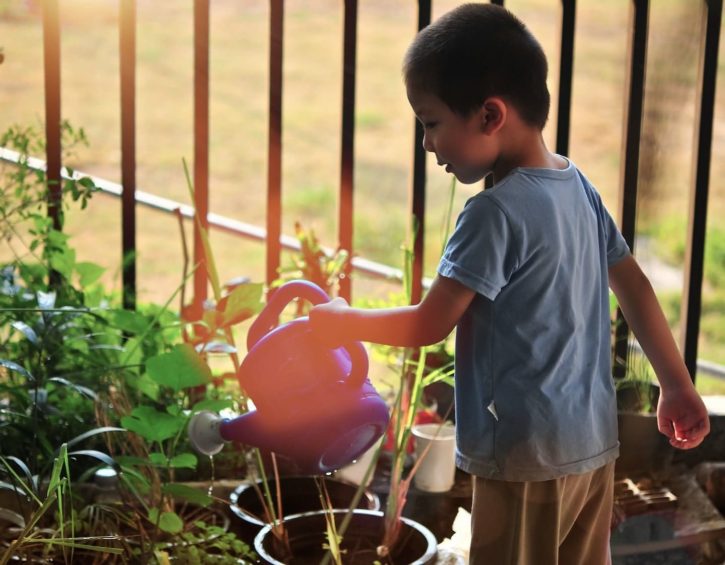
Funplanters to Re-use at home #SustainableLiving
What is even better than recycling? Upcycling. Give old objects a new life by turning them into creative planters. Almost anything that can hold some plant roots and soil in place can be used as a container for growing plants. The possibilities are endless.
- Make seed planters out of an egg carton. You can also reuse the empty eggshells to plant your seeds.
- Make planters using lego.
- Make a mini greenhouse – some ideas here.
- Use an old plastic water bottle. Cut a large rectangle on the side of the bottle and fill it with plants.
- Reuse disposable boxes or trays from the supermarket.
- Use coconut shells.
- Use tin cans which can then be painted different colours for a rainbow garden.
Gardening can be a wonderful family project filled with adventure, experimentation and learning! There’s just something so special about caring and nurturing a patch of green that you call your own! As they say “We do not inherit the Earth from our ancestors; we borrow it from our children”. Let’s give it back to them cleaner and happier!






 View All
View All

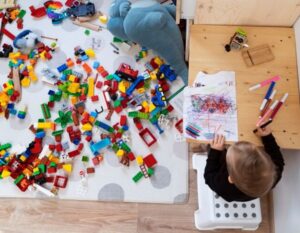


 View All
View All










 View All
View All


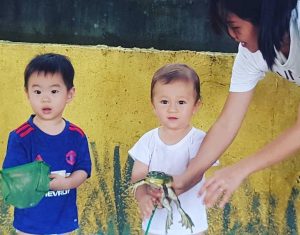
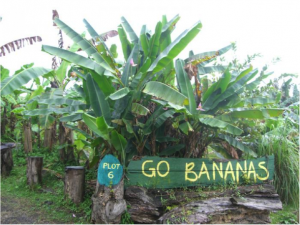

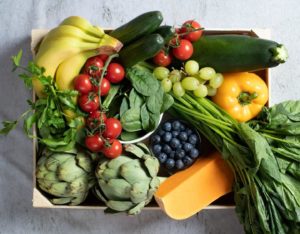
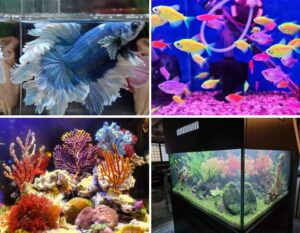
![[𝗡𝗘𝗪] 𝗣𝗮𝘀𝗶𝗿 𝗥𝗶𝘀’ 𝗕𝗿𝗼𝗻𝘁𝗼𝘀𝗮𝘂𝗿 𝗣𝗮𝗿𝗸 𝗶𝘀 𝗕𝗔𝗖𝗞. 𝗦𝗮𝗳𝗲𝗿 & 𝗙𝗨𝗟𝗟 𝗼𝗳 𝗗𝗶𝗻𝗼-𝗦𝗶𝘇𝗲𝗱 𝗙𝘂𝗻! 🦕🦖
A dinosaur you can climb into, a tail slide you can zoom down, and plenty of spots for kids to swing, bounce, and explore? Yeap, it’s a full-on dino adventure. After being closed for a major revamp, Brontosaur Park is now officially open (and safe!) for little adventurers to run wild.
Comment “DINO” or hit the link in bio for more epic outdoor playgrounds in Singapore!
𝗪𝗵𝗮𝘁 𝘄𝗲 𝗹𝗼𝘃𝗲:
- A Brontosaurus structure kids can explore from the legs to the belly
- A roller slide that goes right down the dino’s tail
- Rope bridges, climbing nets & hammocks between stego spikes = plenty of ways to burn off energy
- Toddler-friendly mini dino zone for the little ones
- Spot dino sculptures painted by residents (hidden all around the park)
𝗧𝗶𝗽𝘀 𝗳𝗼𝗿 𝗺𝗮𝘅 𝗳𝘂𝗻:
- Wear grippy shoes. Lots of climbing involved
- Pack snacks and water (There are minimarts nearby)
𝗪𝗵𝗲𝗿𝗲? The playground is located between Blk 777 & 778, along Pasir Ris St 71
𝗖𝗼𝘀𝘁? FREE!
.
.
.
.
.
#DinoPlaygroundSG #PasirRisPlayground #SgPlaygrounds #OutdoorFunSG #FreePlaygroundsSG #BrontosaurPark #SgFamilyAdventures #ThingsToDoWithKidsSG #SingaporeWithKids #PlaygroundGoalsSG #ToddlerPlaySG](https://www.sassymamasg.com/wp-content/plugins/instagram-feed/img/placeholder.png)
